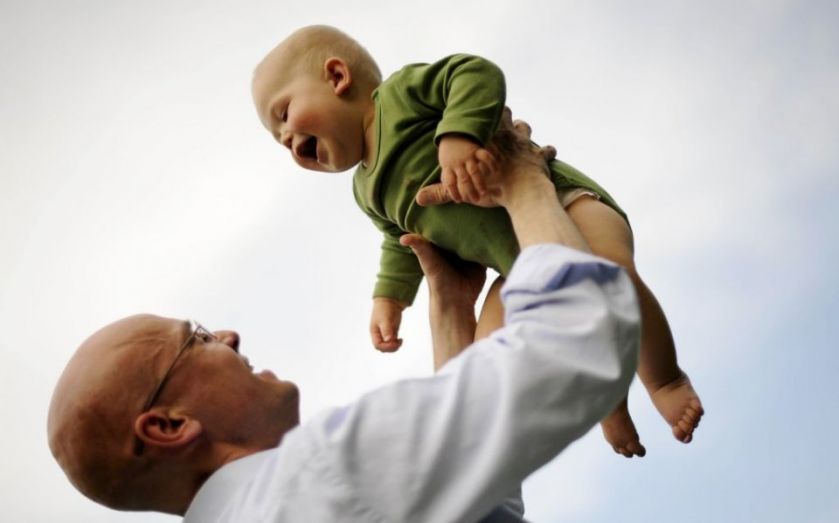Men who become dads later in life are less likely to die in middle age

Becoming a father after 30 is linked to a lower chance of dying in middle age, according to a new study published in the Journal of Epidemiology & Community Health.
By analysing data relating to 30,500 men in the 1950 Finnish census, researchers found those who first became dads between the ages of 30 and 44 had a 25 per cent lower risk of death compared to men who had their first child at ages 25 or 26 – the most common time to become a father.
The effect only kicked in after 30, though: those aged between 27 and 29 at the birth of their first child experienced no beneficial health effects compared to the average.
At the other end of the scale, men who were dads by the time they were 22 had a 26 per cent higher risk of mid-life death than men in the 25-26 age bracket. Similarly, men who had their first child between the ages of 22 and 24 had a 14 per cent higher risk of death.
To make sure the higher death rate wasn't the result of another factor, such as family background, genetics or socio-economic status, the researchers also compared the effect of early parenthood on death among brothers. Once again, they came up with very similar results as those from the random sample – a man who had a child at a young age was more likely to die young than his brother, who had a child at an older age.
"The findings of our study suggest that the association between young fatherhood and mid life mortality is likely to be causal," the researchers wrote.
The association was not explained by unobserved early life characteristics shared by brothers or by certain adult characteristics known to be associated both with fertility timing and mortality.
Greater stress among young dads
The reason for the correlation, according to the report, is that young dads are more likely to suffer from stress-related health problems. They were found to be 21 per cent more likely to suffer a heart attack and 16 per cent more likely to die as a result of excess alcohol consumption.
They put this down to the psychological stress of suddenly having to support additional people beyond themselves, although they acknowledged having a baby is more disruptive to the lives of young women than young men.